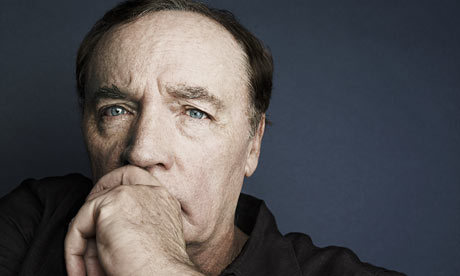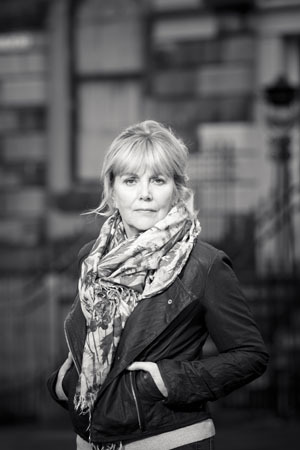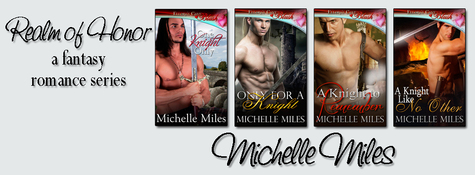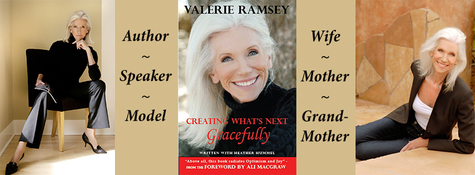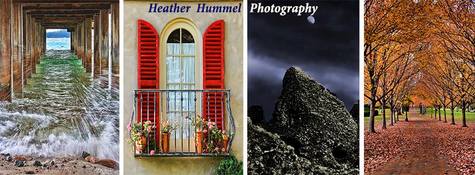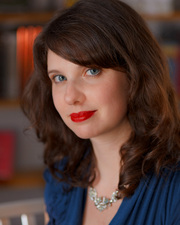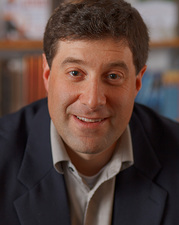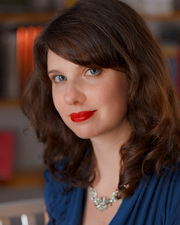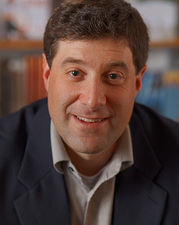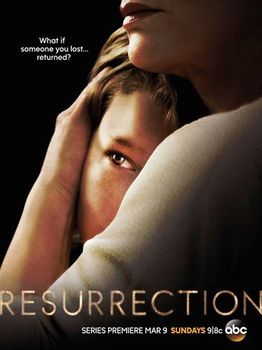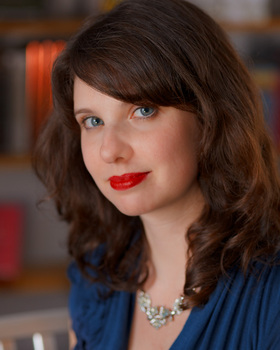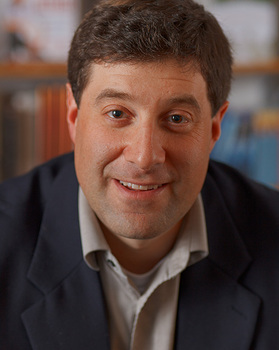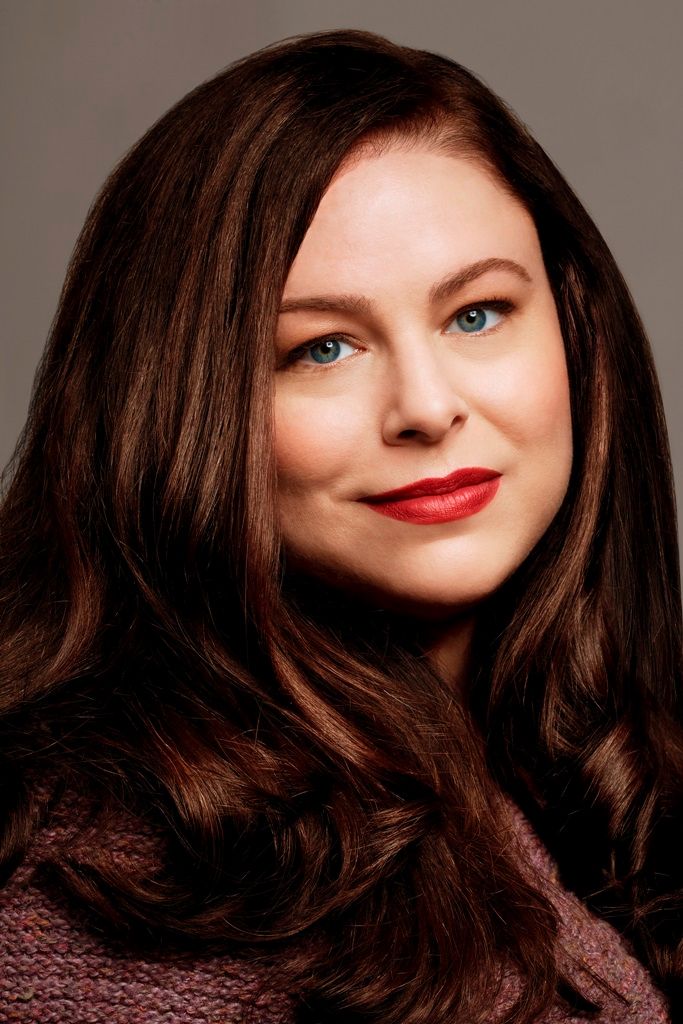That question has been asked of me repeatedly during my over decade long career as a ghostwriter. Some already have guesses or an idea of what the career entails, while others have not a clue. Therefore, when David Wogahn approached me about including a chapter in his eBook titled Successful eBook Publishing: The Complete How-to Guide for Creating and Launching Your Amazon Kindle eBook, I jumped at the chance. The following is an excerpt from his book, a Q&A with yours truly that takes the mystique out of ghostwriting.
For the Time or Writing Challenged
Let's face it, as much as we recognize the value of being called an author and basking in the expert status it conveys not all of us have the time or skills to write a book. In these situations it makes sense to work with a ghostwriter--someone with the skills and qualifications to write on your behalf.
For this topic I sought out the advice of my friend Heather Hummel, a ghostwriter and successful author in her own right. Heather has worked with a number of professionals to help them either write their book or shape what they already have into a book. As an author she also brings a strong sense of marketing and what it takes to produce something commercially viable.
David Wogahn: What is ghostwriting?
Heather Hummel: In my role as a novelist, the characters in my fictional Journals from the Heart series come into my head and tell me how it's going to be! They show up in my mind and take me along each step of their journey...in other words, my protagonists own me while I write their novel!
But, my role as a ghostwriter is quite different. I wear a different pen for each client. Despite what might be envisioned, being a ghostwriter does not mean hiding away behind the scenes pounding words out for a client. It's a very interactive approach that requires give and take on both sides. That means I adapt my technique to match the client's needs.
Some clients are able to write and simply need editing and coaching on the direction of their book, others need help writing, but know the direction of their book. Clients hire me for my expertise in writing, formula and format of a manuscript. But, I still need a gist of their story, their message and purpose. It truly becomes such a collaborative effort that by time the first draft is complete, I have to step aside and touch base with Heather Hummel again.
DW: What is the hardest part about ghostwriting?
Heather Hummel: The number one challenge is writing in the client's voice. This means leaving any personal agenda (i.e. ego) aside while stepping into their shoes, learning their voice, their message, and their agenda for delivering it. In fact, one of my first paid writing gigs was for Albemarle Family magazine in 2005. I went on to write over a dozen feature articles for them, and even though I hadn't been married, let alone birthed any kids, I was the top writer for this family focused magazine.
DW: How did you get started?
Heather Hummel: The ghostwriting project that landed me an agent and a book deal, essentially launching my career, was Gracefully: Looking and Being Your Best at Any Age (McGraw-Hill, 2008), co-written with Valerie Ramsey (my mother), who became a model at the age of 63. It's often assumed that it was easy for me to write from my mother's voice. But it's not that simple, especially when penning a self-help book. The key is to constantly think about the reader and what they would get out of the message. In this case it was to seek new challenges at any age while staying healthy in body, mind and spirit. As the ghostwriter, I interviewed nutritionists, healthy aging experts and a Pilates instructor.
DW: How or does a ghostwriter receive writing credit? Heather Hummel: There are varying levels of ghostwriting--from pure ghost where no one knows you wrote it (this is often the case with politicians) to "with" credit to "coauthor." In Gracefully's case, I received public recognition as coauthor "with Heather Hummel" acknowledgment on the book's cover. Each has its advantages and can be negotiated in different ways. Some clients might benefit from their association with an award winning coauthor because the coauthor may have their own following. Other clients may not wish to publicize they did not actually write the book themselves. This is usually to protect their personal or corporate branding. In cases such as these, where a ghostwriter doesn't receive public credit, they can negotiate higher royalties and pay in trade for nondisclosure. It's the old adage...do you want the fame or the fortune?
DW: What should someone expect to pay a ghostwriter?
Heather Hummel: The ghostwriter's fee depends on the type of project, the advance [upfront financial payment from the publisher], and whether or not they receive royalties and a portion of the advance. Some ghostwriters, such as myself, charge a flat fee of $100 per page. This includes all of the time spent researching, performing relevant interviews, writing, and editing. For a book, a general fee would range between $20,000 and $75,000 if no royalties or percentage of advance. However, there are so many ways to negotiate different options, that there really is no "average fee." Since royalties and advances vary greatly per book and client, it's always a risk for the ghostwriter to write based solely on these two factors. This is why I've gone to a flat fee or per page fee.
DW: Are there ghostwriter "associations"? How do you find a ghostwriter?
Heather Hummel:
Association of Ghostwriters
International Association of Ghostwriters
And, of course you can visit my own website at www.HeatherHummelAuthor.com
*Originally published in Successful eBook Publishing: The Complete How-to Guide for Creating and Launching Your Amazon Kindle eBook; by David Wogahn


